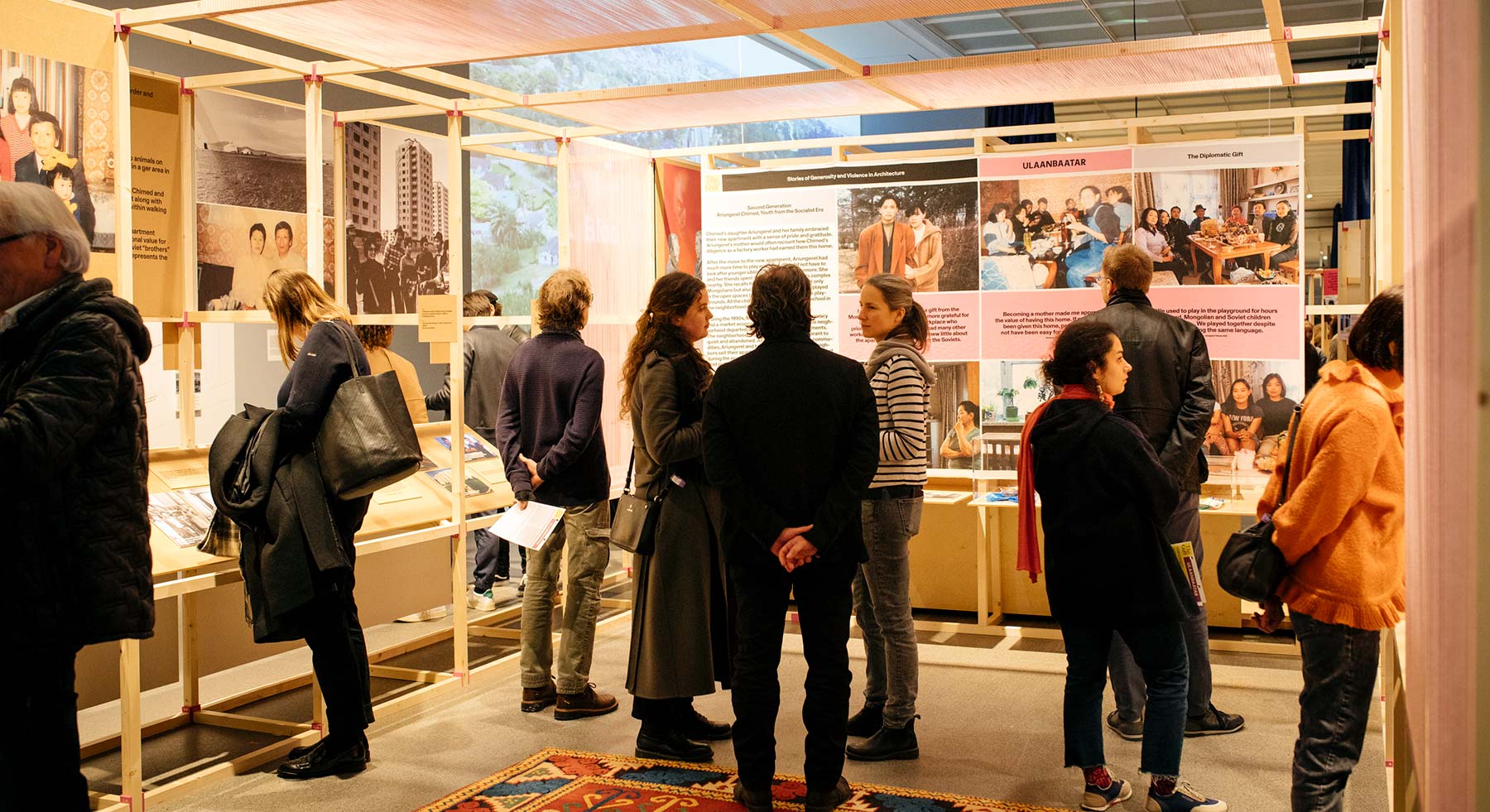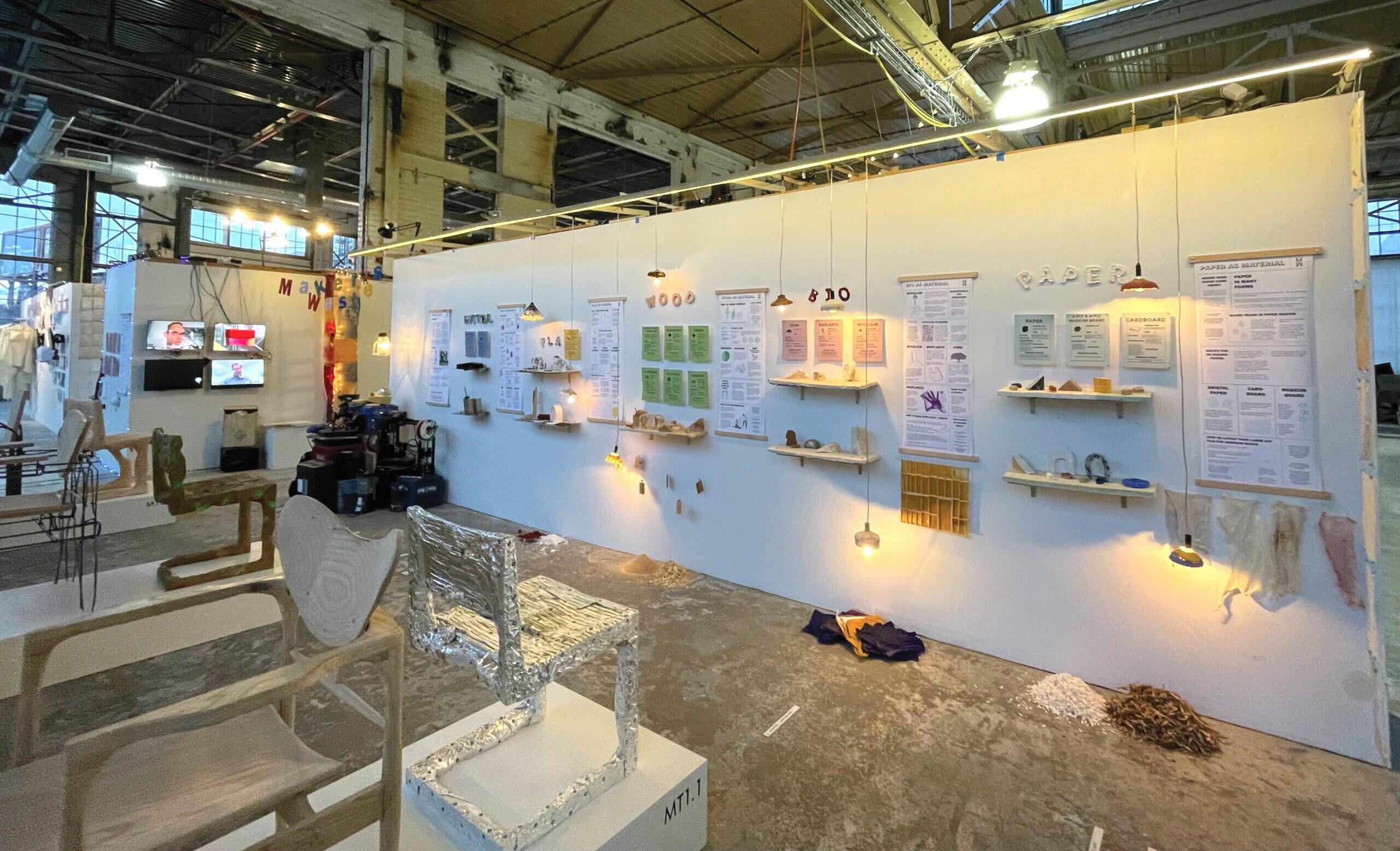Assistant Professor Adams’ Asclepius Machine responds to disability culture
With research support from the university and a Research Through Making Grant from the Taubman College, Architecture Assistant Professor Robert Adams created the Asclepius Machine, a special ramp that can be used by both disabled and non-disabled people as a new way to understand disability culture. Named after the Greek God of the medical arts, the Asclepius Machine can be annexed to any building or structure requiring ramp technology to increase access. This work of architecture – a complex wheelchair accessible ramp – is connected to a network of performance-based interactions. The structure has a series of artificial pneumatic muscles that allow the walls and an elastic membrane to gently open and close as a person moves through the space. The Asclepius Machine was created by Adams after his daughter was diagnosed with muscular dystrophy and began using a powered wheelchair. Adams plans to build a model at The Watermill Center this summer and ideally on the Medical Campus or other high profile sites in New York or Washington, D.C. as a way to introduce it to a larger audience.
To read more about the Asclepius Machine: click here.




